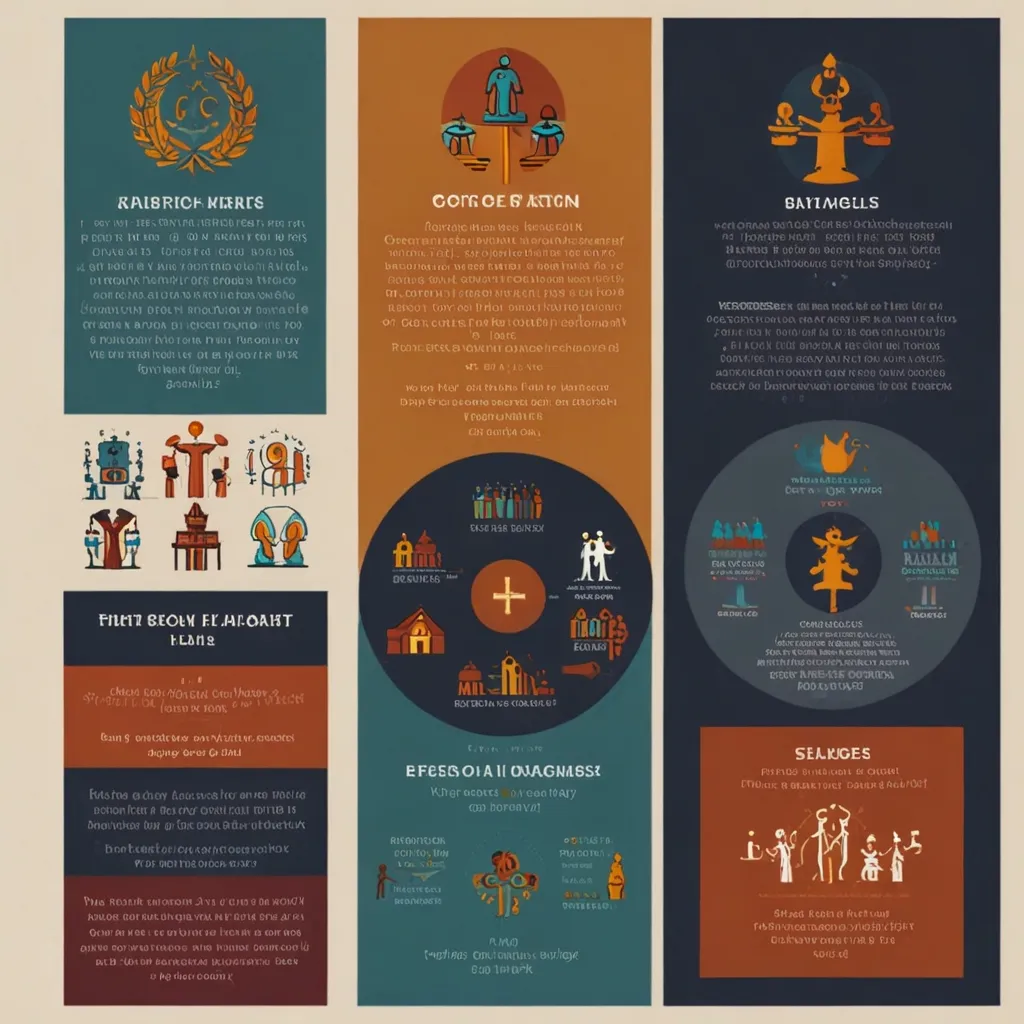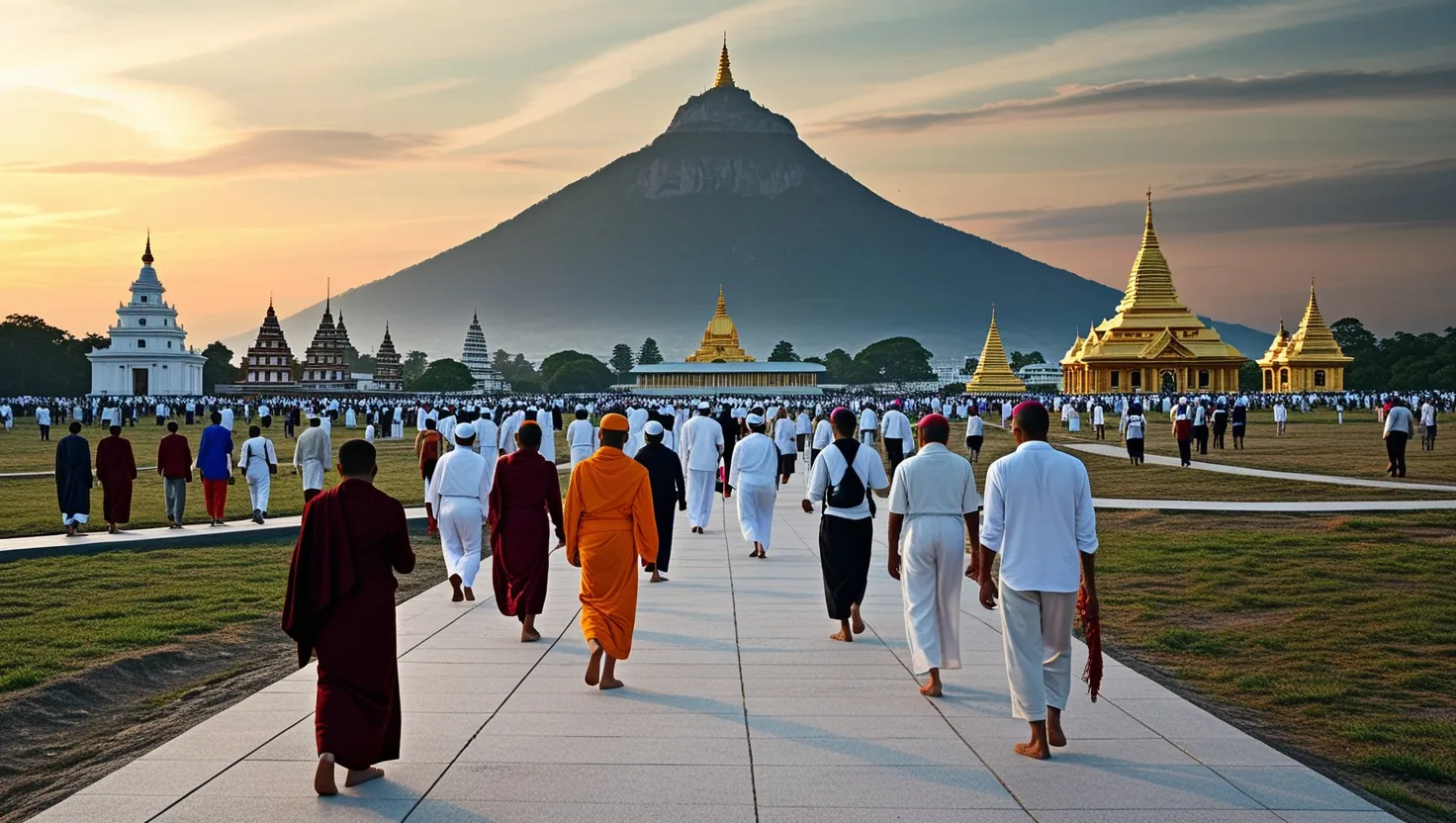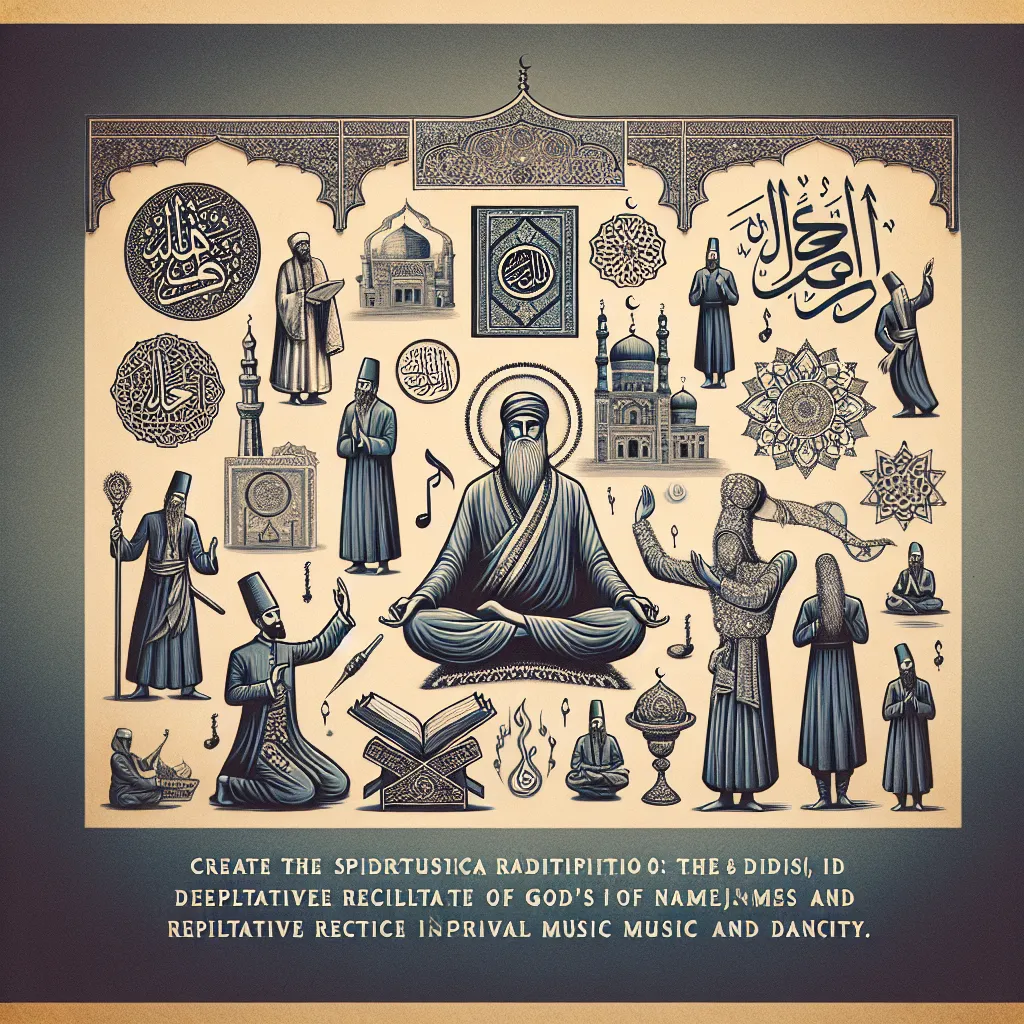In a galaxy not so far away, the inspirational Jedi from Star Wars have transcended their status as fictional warriors of the cosmos to become the foundation of a real-life philosophy and, for some, an established belief system called Jediism. Imagine the allure of the Jedi’s noble qualities leaping off the screen into reality—it’s a bit like awakening the Force within everyday life.
Back in 2001, something a bit whimsical happened. An email campaign encouraged folks around the globe to cheekily identify as “Jedi” on national censuses. It started with a wink, urging people to embrace the Jedi mindset for kicks. But beneath the chuckles lay a surprising curiosity about the exact morality and spiritual codes these illustrious characters represented. This movement wasn’t just a cinematic tribute but a nudge towards something potentially bigger—a blend of myth with reality that intrigued the hearts and minds of many, especially in English-speaking parts of the world.
The core of Jediism separates itself from being just a chapter out of Star Wars. It draws upon the best parts of Jedi lore without drowning in space battles or light sabers. It’s a beacon for those seeking balance through principles like: “There is no emotion; there is peace. There is no ignorance; there is knowledge.” These tenets create a framework where harmony and self-discipline become more than ideals; they shape a daily guide that is spiritual, cerebral, emotional, and soulful.
There’s more to Jediism than just sprinkling movie quotes into a chat. It’s about embodying a philosophy that’s as actionable as it is aspirational. Jediism encourages individuals to step into their personal values, acting as torchbearers of positivity. It’s not just about playing dress-up—those diving into the Jedi way aim for substance over appearance, embodying traits such as politeness, attentiveness, empathy, and calmness, even when the going gets tough. Imagine handling daily stresses with the serene demeanor of a sage, compassion in the heart and peace flowing through the mind.
Envision waking up every morning, embracing practices aimed at nurturing personal growth. For real-world Jedi, activities like exercise, meditation, and mindfulness are not just weekend hobbies—they’re lifelines. These routines cultivate virtues and habits that sustain over time, weaving the fabric of a life well-lived. Jedi strive for self-betterment, believing in the ripple effect—a better self creating a better world. From offering a helping hand to defending the vulnerable and exploring the mysterious Force, Jedi walk the talk.
Naturally, a philosophy that stands out as boldly as a Jedi robe in a room of gray suits catches the eye of both the public and the legal world. In the U.S., the Temple of the Jedi Order, born in Texas, officially became a recognized entity, earning IRS tax exemption. Across the pond in the U.K., the Church of Jediism, despite facing some head-scratching from authorities, carved out its niche. One can only chuckle (and wince) at stories like Daniel Jones getting shown the door of a supermarket due to surpassing the zenith of hood-wearing on religious grounds. These moments touch on the delicate dance of recognizing Jediism as a bona fide belief system in today’s world.
The cultural resonance of Jediism has stretched around the globe, making its mark in countries like Australia, Canada, and New Zealand. It’s become a spiritual passport of sorts, with whimsical yet passionate undertakings such as a petition in Turkey calling for a Jedi temple on a university campus. These markers spit resilience, showing that this venture is not just front-page news—it’s a gateway to the spirit.
Drawing clarity from both Eastern philosophies and Western ideals, Jediism is a fusion rooted deeply in traditions like Taoism and Buddhism. This concoction champions balance and harmony, reminiscent of the Jedi Way. The idea of “the Force” mimics the Taoist concept of qi — a universal energy binding us all. For many, Jediism transcends belief—it becomes identity. This philosophy allows people to mold themselves in a manner that reflects creativity within a secular society, offering a spiritual path both personal and eclectic.
Despite its roots in science fiction, Jediism proposes real-world benefits. Its tenets suggest a society led by reason and kindness, advocating for the separation of religion and government. It embraces freedoms of speech, association, and expression. Practitioners, with clear minds fueled by meditation, learn to dance with change and partake in society’s harmonious growth.
In embracing Jediism, whether as a life philosophy or an organized belief system, followers find a unique compass to navigate the chaos of modern life. They’ve branched out, crafting a tapestry from a dozen traditions, carved into a holistic approach that hinges on balance, discipline, and harmony. What started as a whimsical tickle in census answers has blossomed into a serious, global spiritual journey. It inspires a slower, more considerate approach to daily living, pushing individuals to evolve as mindful, compassionate beings. Jediism doesn’t just champion self-growth; it quietly recruits its followers to make the world a better, more interconnected place—one quiet, enlightening moment at a time.






